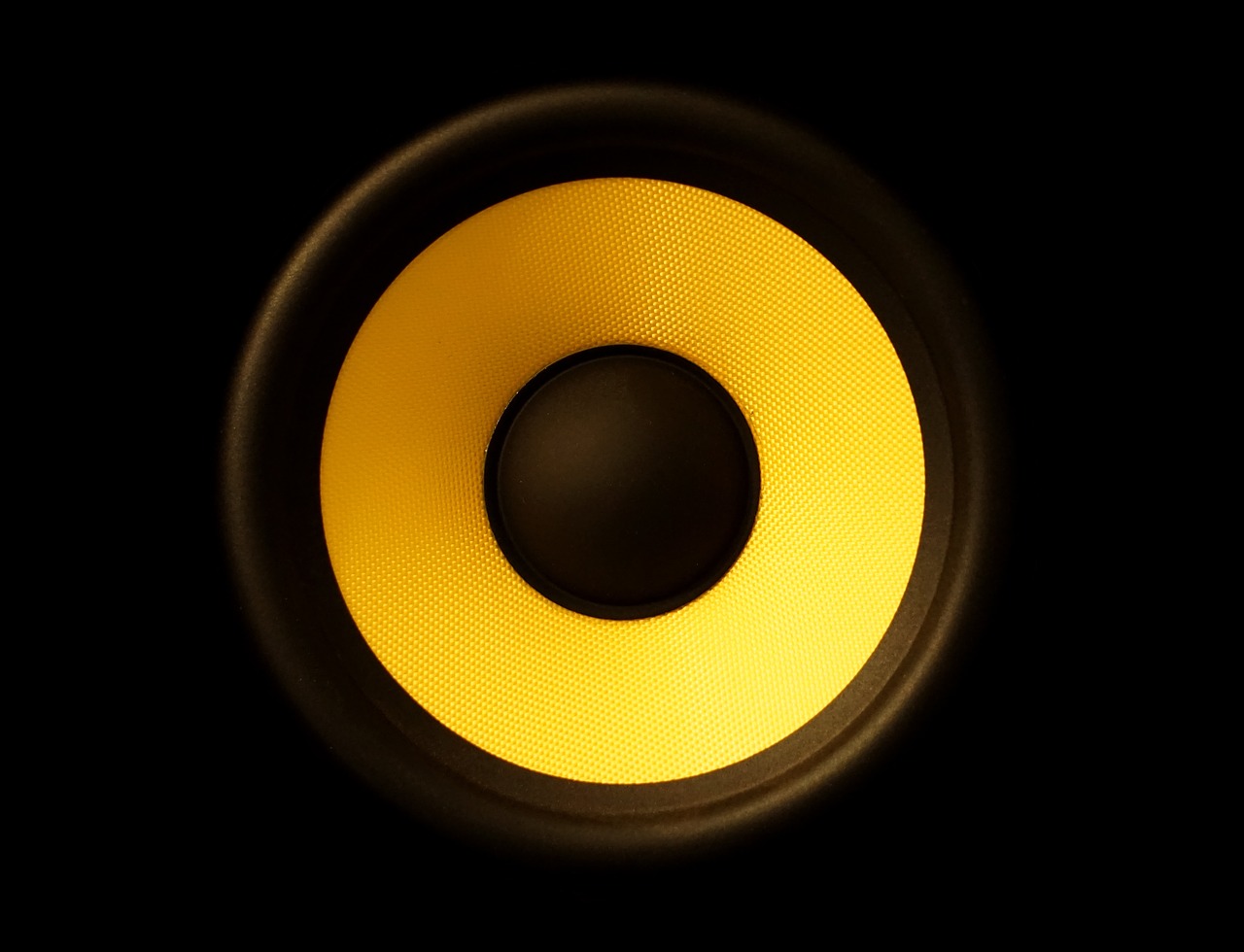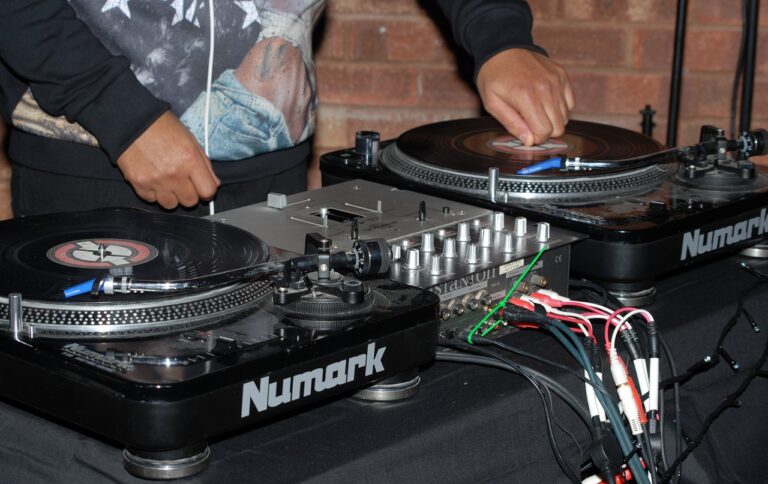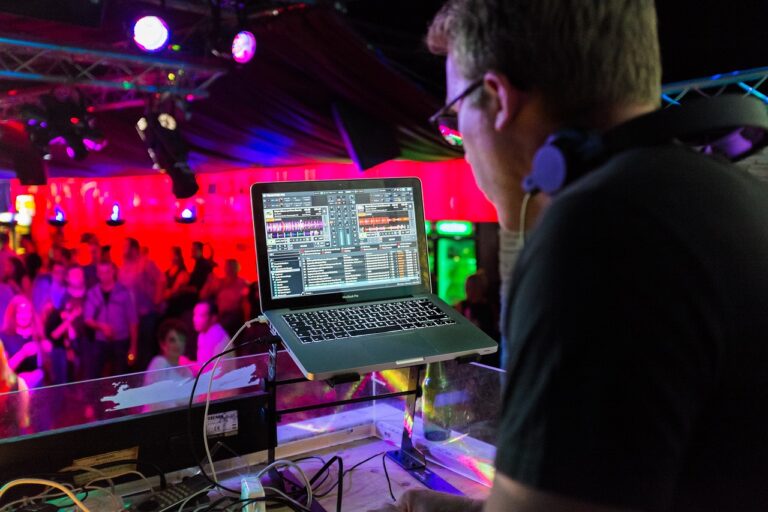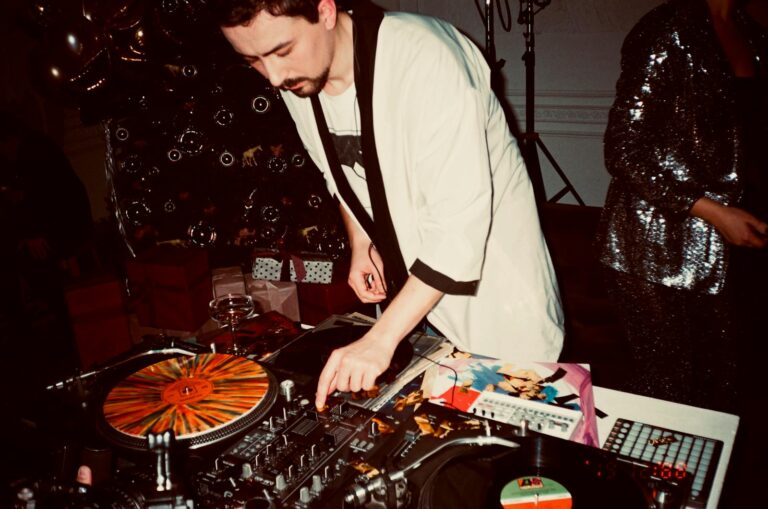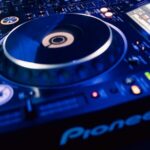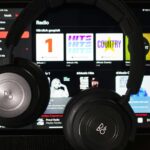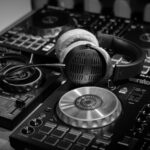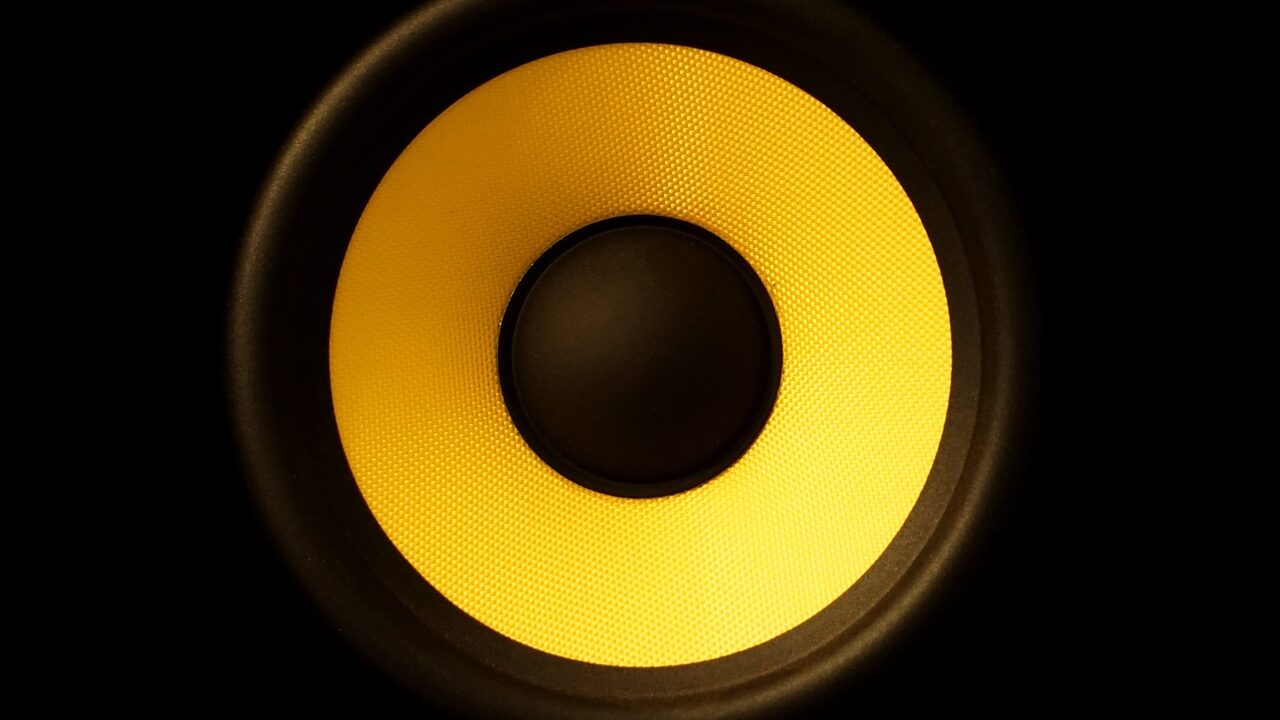
Whether you’re just starting your DJ journey or looking to upgrade your setup, choosing the right speakers for DJing is essential. With so many options on the market, it can be challenging to know which speakers will meet your needs and bring your mixes to life.
In this guide, we’ll break down the different types of DJ speakers, what makes each type unique, and how to choose the perfect fit for your style and environment. Let’s dive in!
Why Choosing the Right DJ Speakers Matters
When it comes to DJing, the speakers you choose are crucial to delivering a powerful performance. High-quality speakers ensure that your audience hears every beat, bass drop, and melody as you intend.
The right speakers for DJing should provide clear, full-range sound, and depending on where and how you play, they’ll need to be portable, durable, and easy to set up.
Types of Speakers for DJing purposes
Not all speakers are created equal, and when it comes to DJing, certain types are better suited for specific situations and settings. Here’s a breakdown of the most popular speaker types for DJs.
1. Active (Powered) Speakers
Active speakers are often a top choice for DJs due to their simplicity and ease of use. These speakers have built-in amplifiers, meaning you don’t need an external amp to power them.
Just plug them into your mixer or controller via the “speaker out” ports, and you’re ready to go.
Advantages of Active Speakers:
- Portability: With fewer components to carry around, active speakers are great for mobile DJs.
- Easy Setup: Since the amplifier is built-in, you won’t have to worry about finding a matching amp.
- Consistency: Active speakers are designed to work with their internal amp, ensuring balanced sound.
Best Situations for Active Speakers:
Active speakers are ideal for smaller venues, home DJ setups, or mobile DJing gigs where convenience and quick setup are essential.
Popular Choices:
Brands like QSC, JBL, and Yamaha offer popular active speakers that are durable and deliver high-quality sound, making them a solid choice for most DJs.
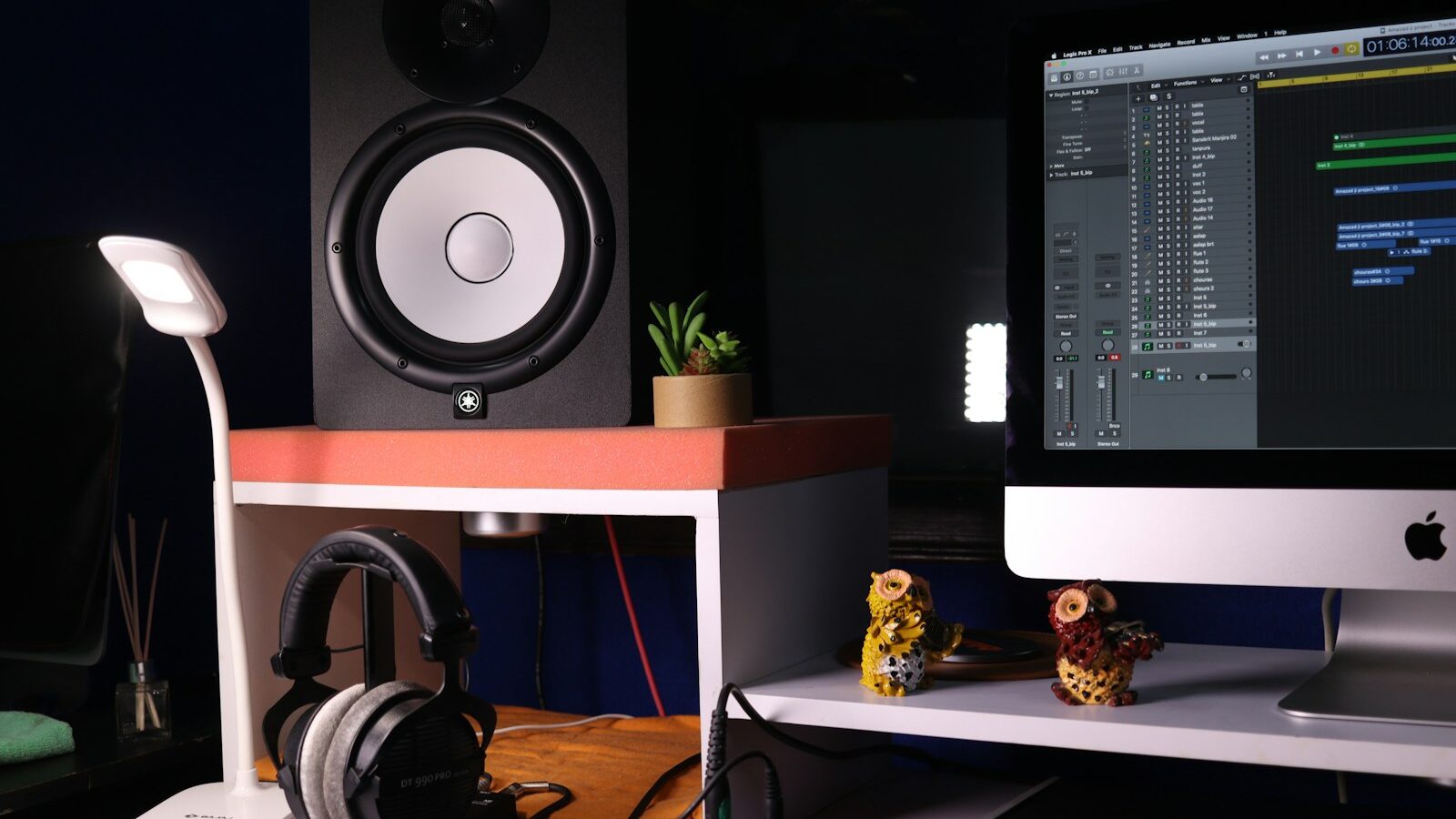
2. Passive Speakers
Passive speakers are traditional speakers that require an external amplifier to power them. While they involve a bit more setup than active speakers, they offer greater flexibility in terms of customization and often deliver robust sound for larger venues.
Advantages of Passive Speakers:
- Customizability: You can pair them with different amplifiers to achieve your desired sound quality.
- Durability: Passive speakers are built for heavy use, often lasting longer than active speakers with the right care.
- Ideal for Large Venues: With the right amplifier, passive speakers can handle bigger spaces and higher volume requirements.
Best Situations for Passive Speakers:
These are best for DJs who perform regularly in large venues or clubs where powerful, high-quality sound is required.
Popular Choices:
JBL, Electro-Voice, and RCF offer some great passive speaker options, providing clear, professional-quality sound.
3. PA (Public Address) Speakers
PA speakers are designed to deliver loud, clear sound over larger areas. They’re excellent for live performances, especially for mobile DJs playing weddings, outdoor events, or large parties.
Advantages of PA Speakers:
- High Output: PA speakers are built for high volume, delivering sound clearly even in open spaces.
- Versatility: They’re great for multiple types of events, from public speaking to DJ performances.
- Durable Design: PA speakers are typically designed to withstand travel and frequent setup/teardown.
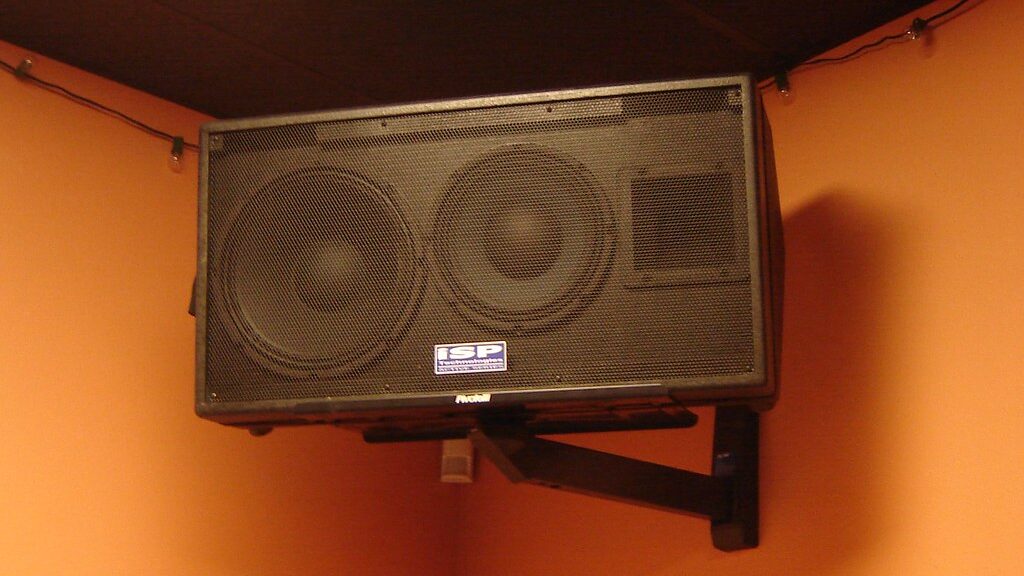
Best Situations for PA Speakers:
They’re perfect for DJs who play at events where they need to fill a large, open space, such as outdoor events, weddings, or festivals.
Popular Choices:
Look for PA speakers from brands like Behringer, Mackie, and Bose, which are known for producing reliable, versatile options for a range of event types.
4. Studio Monitors
While studio monitors may not be designed specifically for live DJing, they’re essential for DJs who want to produce or practice at home. Studio monitors provide accurate sound reproduction, allowing you to hear every detail of your mix as it truly sounds, which is crucial for refining your skills.
Advantages of Studio Monitors:
- Accurate Sound: Studio monitors are designed to give an uncolored sound, letting you hear your mix with full accuracy.
- Ideal for Home Setups: These speakers are perfect for home studios or bedroom DJ setups.
- Balanced Sound: They don’t exaggerate the bass or treble, providing a flat frequency response that’s ideal for critical/active listening.
Best Situations for Studio Monitors:
Studio monitors are best for DJs who want to practice, mix, or produce music at home. They’re not designed for live performances due to their limited power output.
Popular Choices:
Yamaha’s HS series, KRK Rokit, and the JBL 305P are popular choices, offering balanced sound and good value for money.
5. Line Array Speakers
Line array speakers are often seen at large concerts and festivals. They consist of multiple speakers arranged in a vertical line to project sound evenly across a large area.
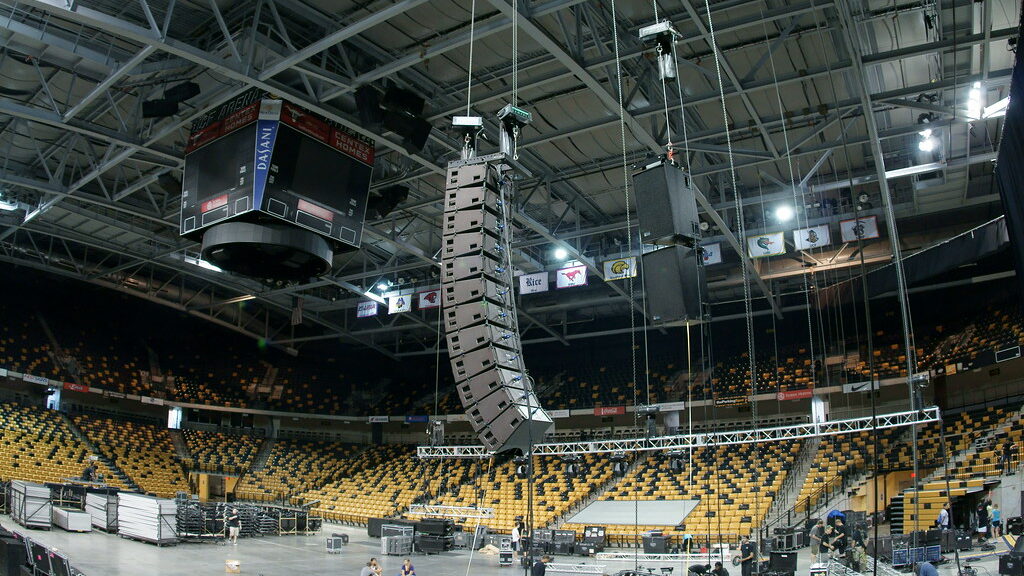
Advantages of Line Array Speakers:
- Wide Coverage: The vertical arrangement allows for more even sound dispersion, making sure everyone in the crowd hears clearly.
- Ideal for Extra Large Events: Line arrays are designed to project sound over long distances, perfect for massive venues.
- Scalability: You can add more speaker units to cover larger areas as needed.
Best Situations for Line Array Speakers:
These are ideal for large-scale events, festivals, and concerts where high-quality sound needs to reach hundreds or thousands of people. Think Glastonbury or Tomorrowland.
Popular Choices:
Brands like L-Acoustics, Bose, and JBL are known for their high-quality line array speaker systems, often used by professional sound engineers at large events.
6. Subwoofers
While subwoofers aren’t a standalone speaker type, they’re an essential part of many speakers for DJing setups. Subwoofers handle low-frequency sounds, enhancing the bass and giving your mix that chest-thumping impact.
Advantages of Subwoofers:
- Enhanced Bass: They bring out low frequencies, adding depth and power to your performance.
- Versatile Use: Subwoofers can be used in any setup, from home studios to clubs and outdoor events.
- Adjustable Bass: Most subwoofers come with controls, allowing you to dial in the perfect amount of bass for your mix.
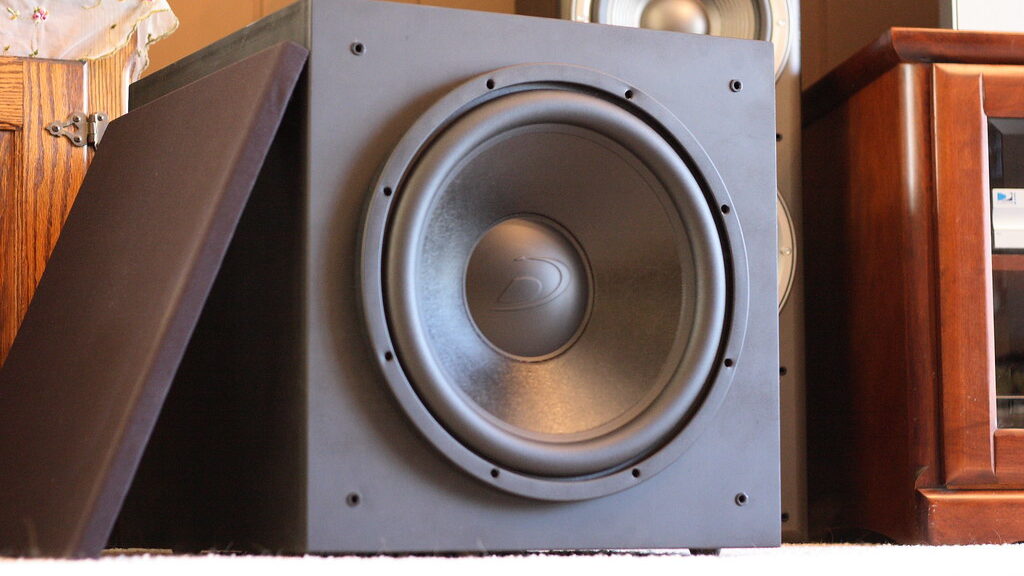
Best Situations for Subwoofers:
Any DJ who plays bass-heavy music genres (like house, techno, or D&B) or wants to create an immersive sound experience should consider adding a subwoofer to their setup.
Popular Choices:
Subwoofers from QSC, JBL, and Yamaha are well-regarded in the DJing world, offering deep, punchy bass that complements a variety of music styles.
How to Choose the Right DJ Speakers for Your Needs
Now that we’ve covered the types of speakers for DJing, let’s look at a few tips to help you choose the best speakers for your specific needs.
1. Consider Your DJing Environment
Think about where you’ll be performing most often:
- Home Practice: Studio monitors are your best bet.
- Clubs and Indoor Venues: Active or passive PA speakers work well, with subwoofers for added bass.
- Outdoor Events: Choose PA speakers or line arrays for better sound coverage in open spaces.
2. Think About Portability
If you’re a mobile DJ, portability is essential. Active speakers are generally easier to transport and set up, as they don’t require an external amplifier. PA speakers are also a great choice for mobile DJs due to their durability and high output.
3. Decide on Your Budget
Quality speakers for DJing are an investment, but you don’t have to break the bank to get good sound. Set a budget and choose speakers that meet your performance needs without overspending.
Consider future expansion: you can start with a basic setup and add subwoofers or extra speakers as you progress.
4. Test the Speakers in Person (If Possible)
Hearing the speakers in person can make all the difference in your decision. Try to visit a music store to test a few models. Pay attention to sound quality across different frequencies—are the highs crisp, the mids clear, and the bass punchy? Trust your ears, as you’ll be working with these speakers regularly.
Conclusion
Choosing the right speakers for DJing is a crucial step in delivering a powerful performance and achieving the sound you want.
From active and passive speakers to studio monitors and line arrays, each type of speaker offers unique benefits suited to different environments and DJing needs.
Take the time to evaluate your needs, budget, and typical performance settings (bedroom, club, bar etc.) and you’ll be able to choose speakers that truly elevate your DJ experience.
With the right speakers, every beat and drop will reach your audience as intended—clear, powerful, and unforgettable. Happy DJing!

